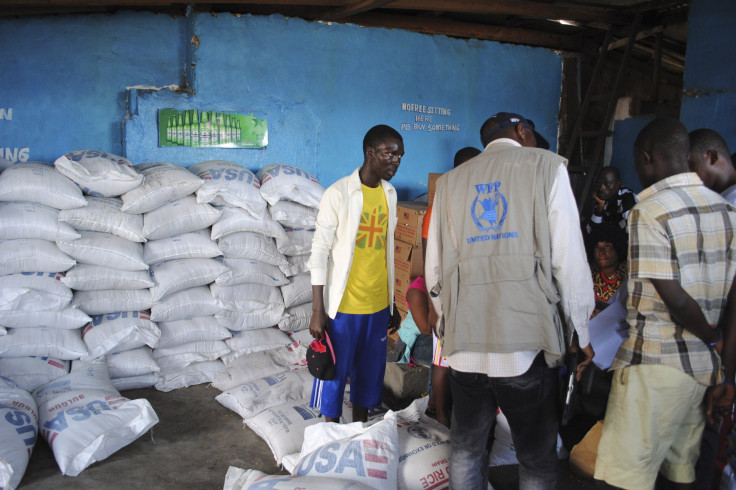Ebola: World Health Organization Admits Failing To Anticipate Virus' Potential

The World Health Organization admitted Friday failures its in efforts to stop the Ebola outbreak in West Africa, the Associated Press reports. In an internal memo, WHO said "nearly everyone" involved in the response failed to anticipate the potential of the virus.
The United Nations health organization has been monitoring the situation in West Africa since March, when the outbreak was formally declared. Doctors Without Borders, or MSF, criticized the WHO and African countries for failing to commit enough resources to stop the outbreak in June.
At that point, around 350 lives had been claimed by the epidemic. As of this week, nearly 9,000 people have been infected and 4,500 killed, according to WHO's own reports. Christopher Stokes, an MSF general director in Brussels, said Friday it was "ridiculous" that his volunteer organization was still leading the fight in West Africa and that international pledges have yet to have an impact on the response.
BREAKING: World Health Organization admits botching attempts to stop the Ebola outbreak in West Africa.
- The Associated Press (@AP) October 17, 2014The U.N. formed the United Nations Mission for Ebola Emergency Response, or UNMEER, in September. Dozens of countries pledged a total of $20 million to meet a UN goal of $1 billion for a comprehensive response, but weeks after only $100,000 has been donated, by Colombia. U.N. Secretary-General Ban Ki-Moon urged the international community to step up to the plate on Friday.
“This is a very serious problem,” he said. “It's time that those other countries who really have capacity, (that) they would provide financial support and other logistical support.”
Former U.N. Secretary General Kofi Annan, who is from Ghana, said he was “bitterly disappointed” with the international response to the outbreak.
“If the crisis had hit some other region, it probably would have been handled very differently,” he said in an interview with the BBC. “In fact when you look at the evolution of the crisis, the international community really woke up when the disease got to America and Europe.”
© Copyright IBTimes 2024. All rights reserved.












